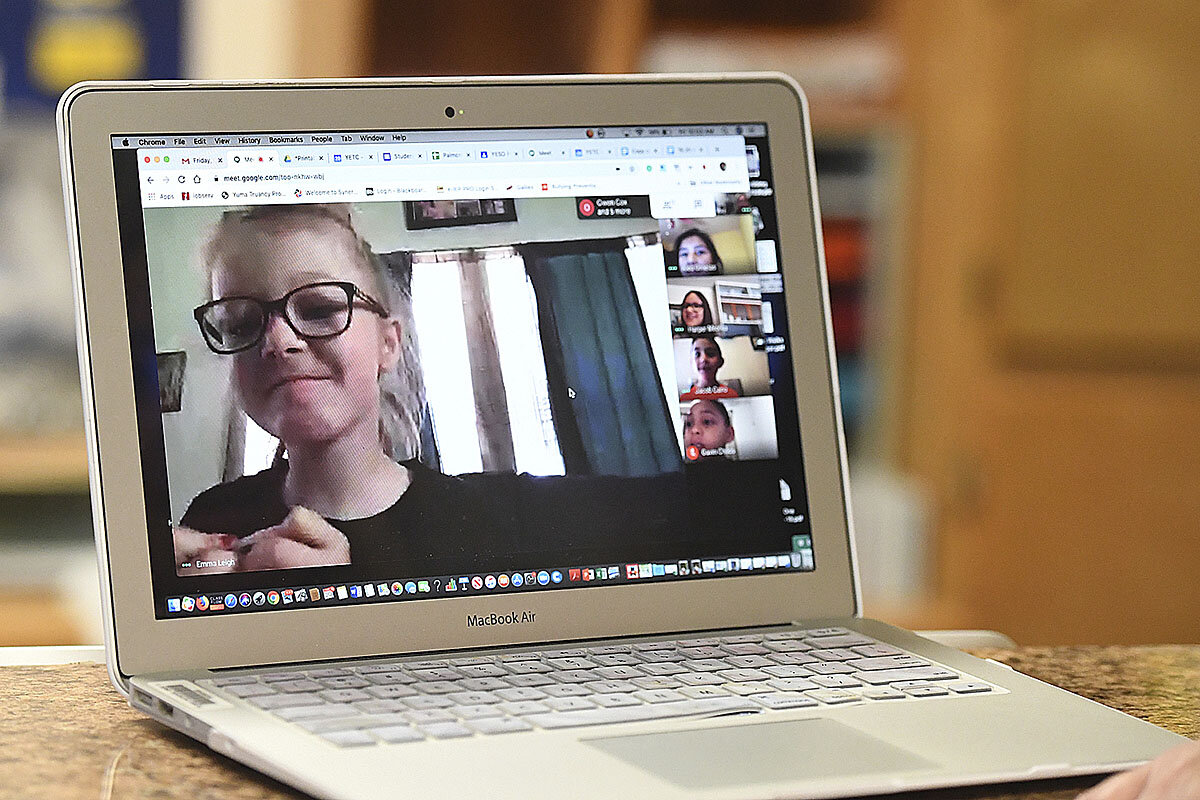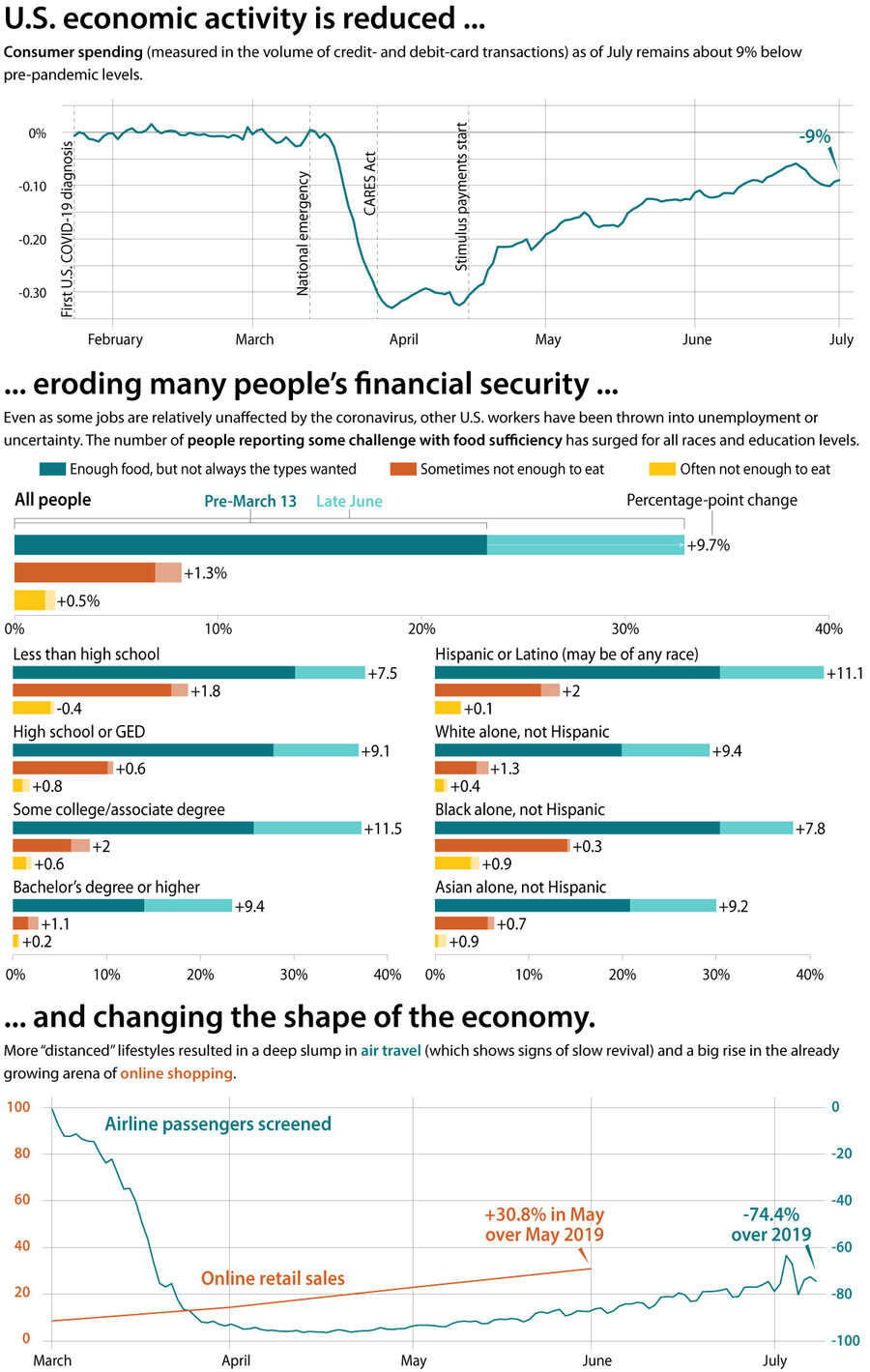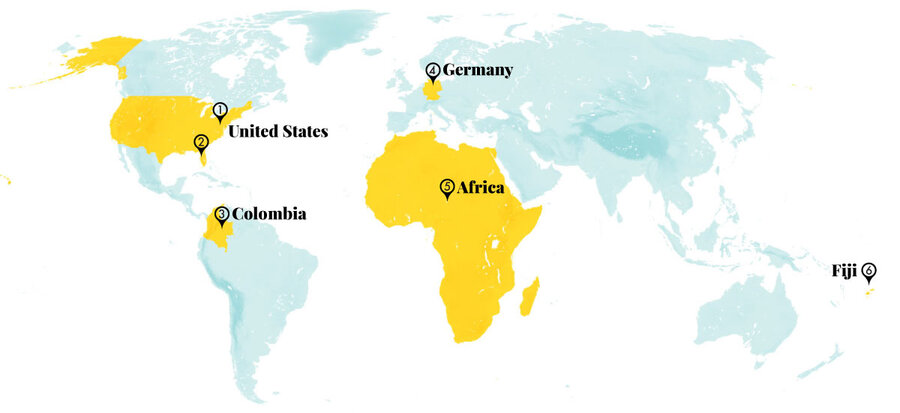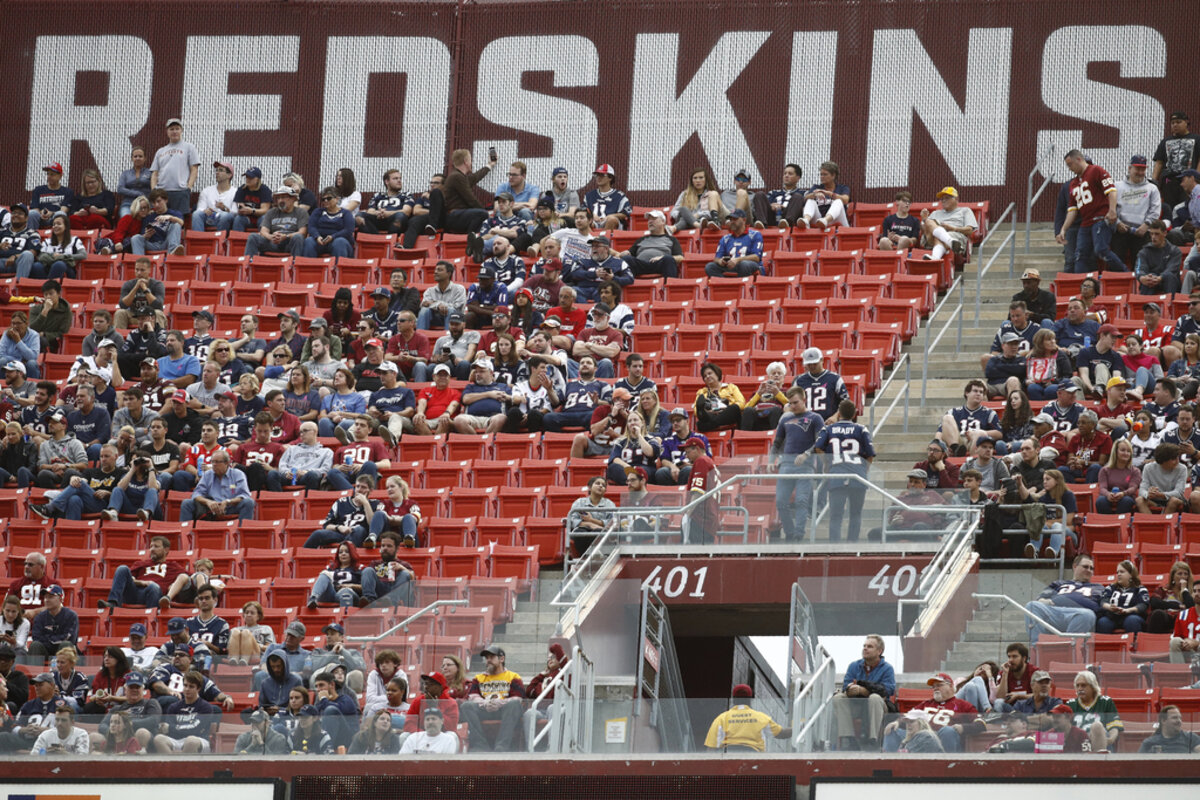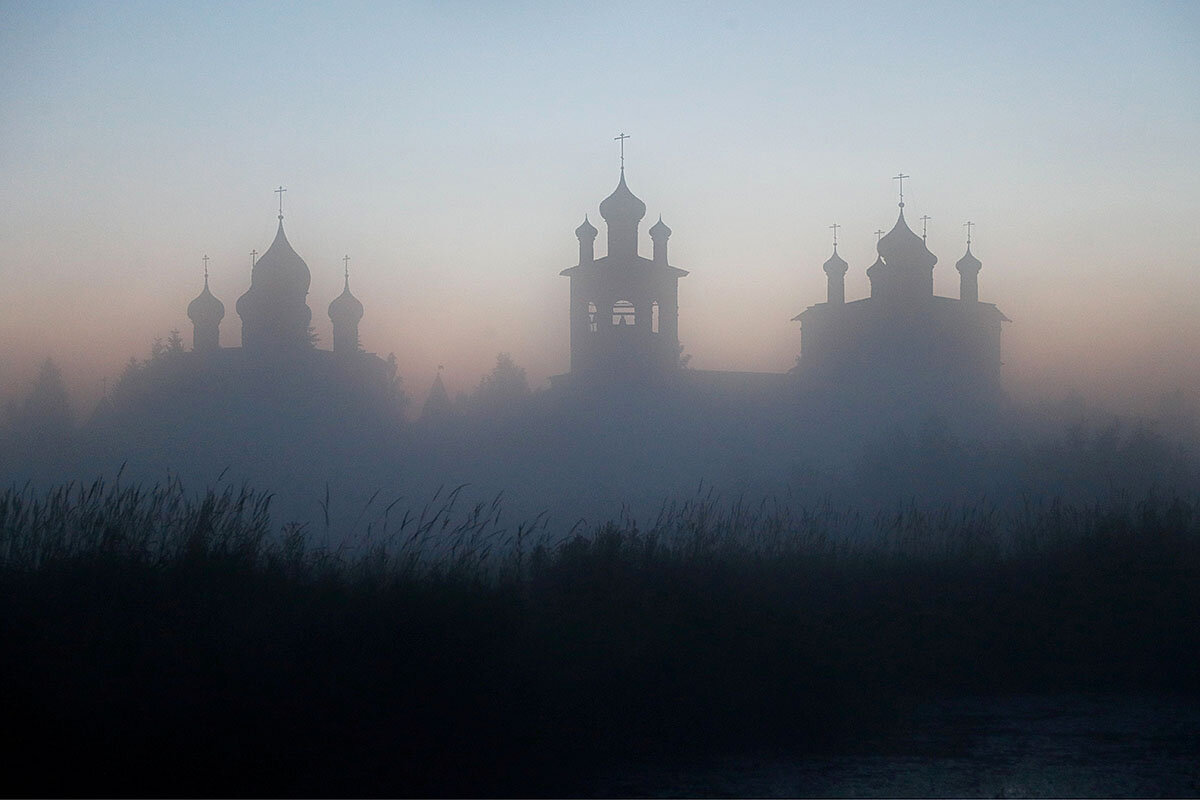If the economy is going to rebound, schools are an essential resource, like roads and utilities. Ask any working mom. Yet, our reporters find in the U.S. and Canada that public officials, teachers, and parents are not yet prioritizing and collaborating on how to reopen the classroom.
Monitor Daily Podcast
- Follow us:
- Apple Podcasts
- Spotify
- RSS Feed
- Download
 David Clark Scott
David Clark Scott
You may have heard that DeSean Jackson, the Philadelphia Eagles receiver, was widely criticized for recently posting anti-Semitic comments on social media.
New England Patriots receiver Julian Edelman hasn’t said much about his Jewish heritage during his 11-year NFL career. But Edelman’s response was a 2-minute 30-second Instagram master class on handling hate.
He didn’t respond with anger or derision. He also didn’t give Jackson a pass: “Anti-Semitism is one of the oldest forms of hatred. It’s rooted in ignorance and fear,” he said.
He praised Jackson’s gridiron feats and looked for common ground. “I think the Black and Jewish communities have a lot of similarities. One unfortunate similarity is that they are both attacked by the ignorant and the hateful,” said Edelman.
He goes on to say that real change comes from uncomfortable conversations. He invited Jackson to visit the United States Holocaust Memorial Museum in D.C. and suggested Jackson take him to the National Museum of African American History and Culture. “And then afterward we’ll grab some burgers and we’ll have those uncomfortable conversations. This world needs a little more love, compassion, and empathy.”
Jackson has apologized for his posts. Edelman followed up with a phone call, and tweeted Friday they had agreed to “educate one another and grow together.”
Love, compassion, and burgers. That’s a recipe for ending hate.




